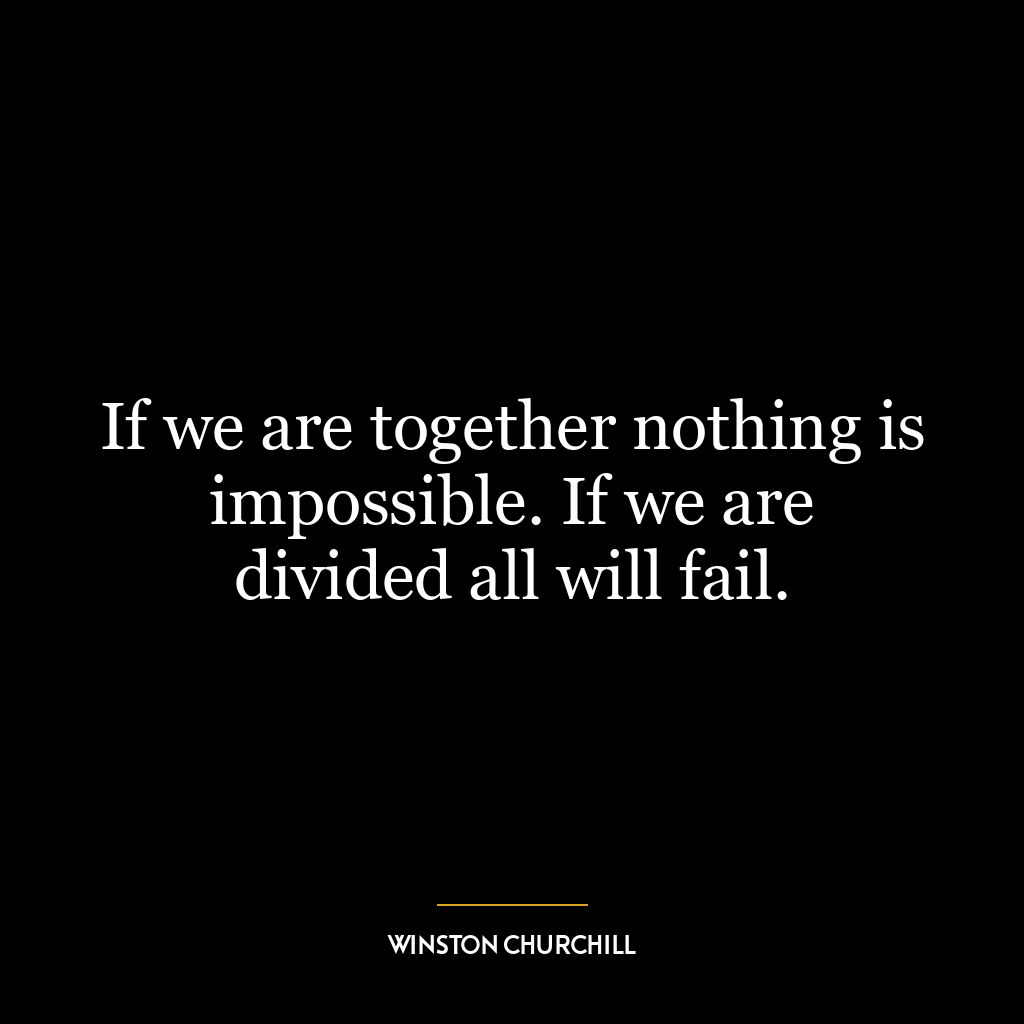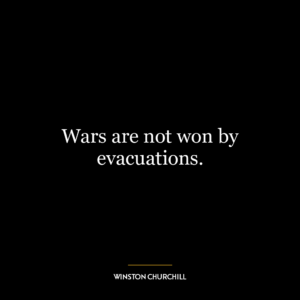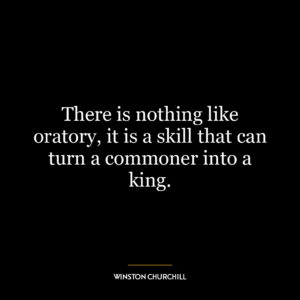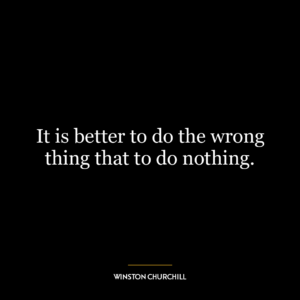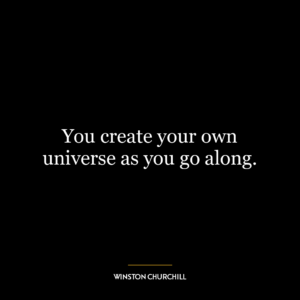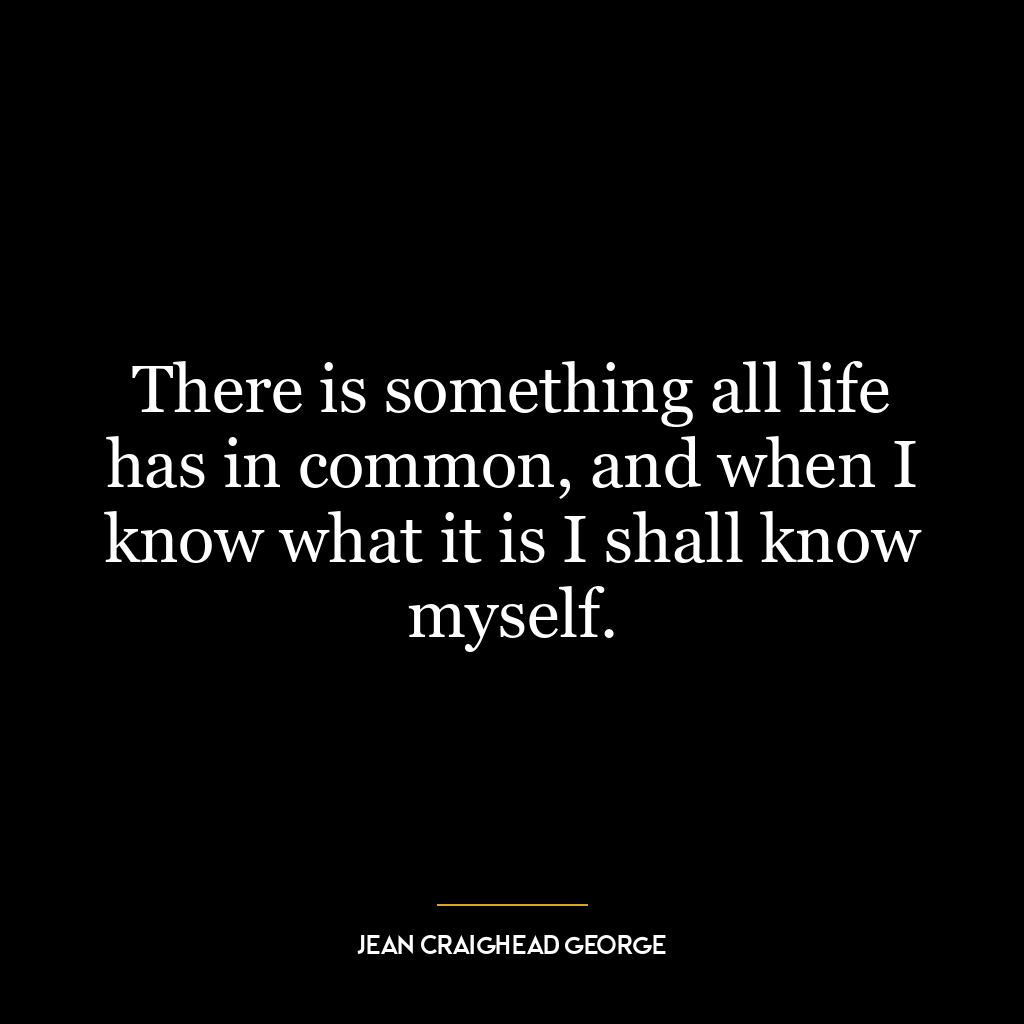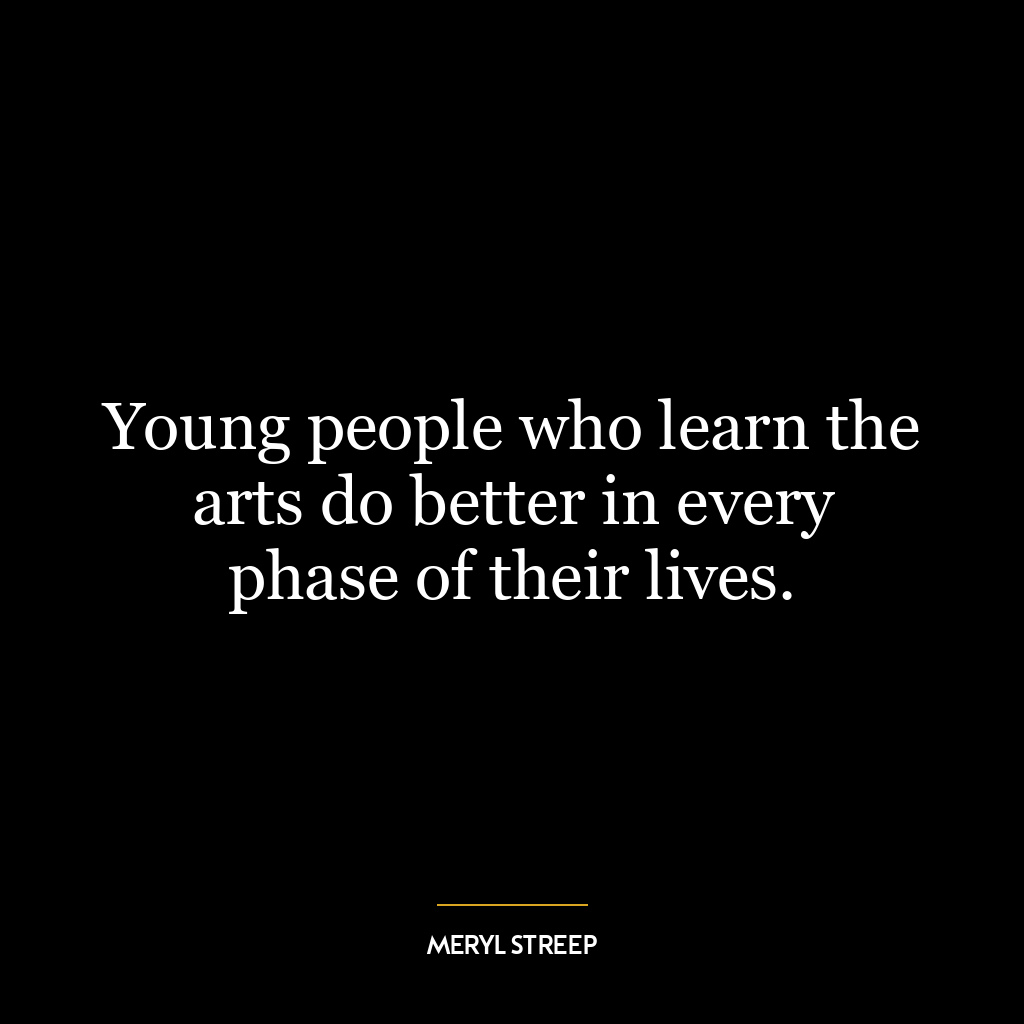If we are together nothing is impossible. If we are divided all will fail.
This quote emphasizes the power of unity and collaboration. The first part, “If we are together, nothing is impossible,” suggests that when individuals come together, pooling their skills, knowledge, and resources, they can overcome any obstacle or achieve any goal. This unity doesn’t just multiply their individual abilities; it creates a collective strength that is far greater than the sum of its parts.
The second part of the quote, “If we are divided, all will fail,” highlights the consequences of disunity. When individuals or groups are divided, their efforts can become disjointed, inefficient, or even counterproductive. Instead of working towards a common goal, they may end up working against each other, leading to failure.
In today’s globalized world, this quote is more relevant than ever. As we face complex, interconnected challenges like climate change, poverty, and pandemics, our success depends on our ability to work together across borders, cultures, and disciplines. No individual, group, or nation can solve these problems alone; we need to pool our resources, share our knowledge, and coordinate our efforts.
In terms of personal development, this quote also has profound implications. It reminds us that we can achieve more by working with others than by working alone. Whether we’re trying to improve ourselves, achieve a goal, or make a difference in the world, we need to seek out and forge partnerships with others who share our vision and can complement our strengths. It’s not just about being part of a team, but also about being part of a community, a network, or a movement.
Moreover, the quote underscores the importance of resolving conflicts and bridging divides in our personal and professional relationships. If we allow our differences to divide us, we risk undermining our collective efforts and failing in our shared endeavors. But if we can find ways to come together, despite our differences, then nothing is impossible.

